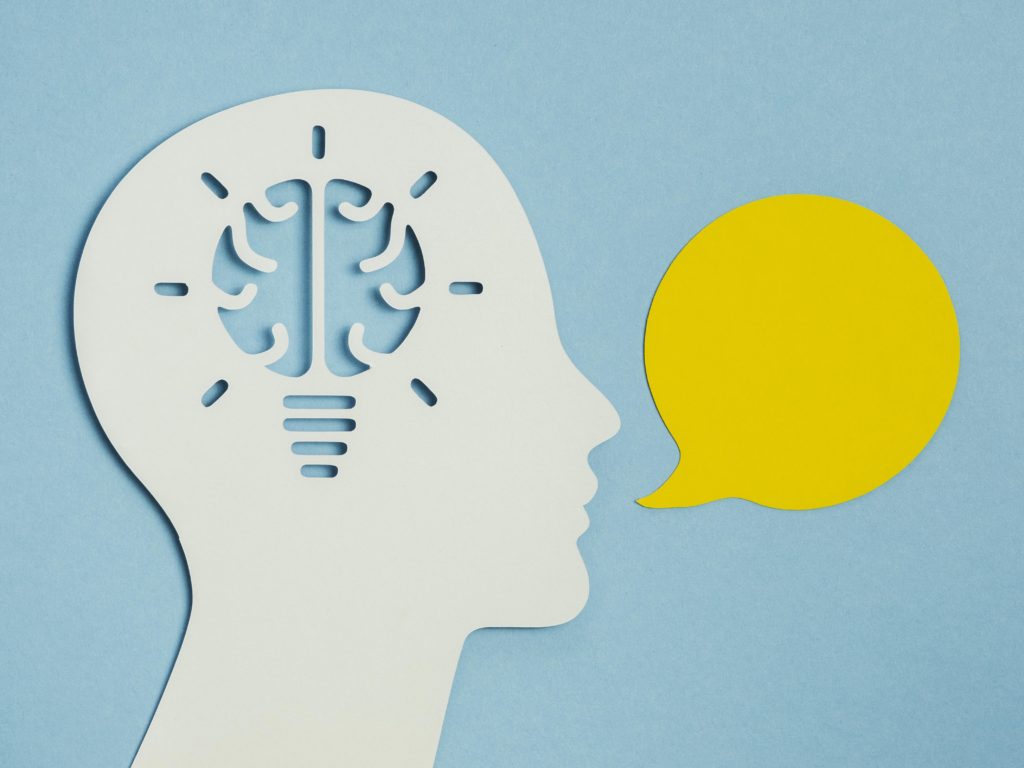
Cognitive Behavioral Therapy and the science behind
Cognitive Behavioral Therapy (CBT) is a widely recognized and effective treatment for various mental health issues. It is a structured and goal-oriented therapy that combines the understanding of thoughts, emotions, and behaviours to promote positive changes. In this blog post, we will explore what to expect from Cogntive Behavioral Therapy, the significance of evidence-based approaches, the role of neuroplasticity in therapy, behavioural modifications, the principles of learning theory, and the importance of emotional regulation. Let’s dive in!
Cognitive Behavioral Therapy is a collaborative treatment
CBT is a collaborative approach between you and your therapist. Together, you will work towards identifying and addressing specific issues and goals. Expect an interactive and supportive therapeutic relationship that empowers you to take an active role in your own healing process.
Trust in proven methods
CBT is an evidence-based treatment, meaning it is grounded in scientific research and proven effectiveness. Numerous studies have shown its efficacy in treating various mental health conditions. By following established protocols and guidelines, evidence-based treatments provide you with a higher likelihood of achieving positive and lasting results.
Rewiring your brain for change with Cognitive Behavioral Therapy
Neuroplasticity, the brain’s ability to change and adapt, is important in CBT. When you take part in CBT activities, like changing how you think or adjusting your behaviours, you’re helping to “rewire” your brain. This process helps create healthier ways of thinking, managing emotions, and behaving. By using neuroplasticity, you can see that your brain has the ability to grow and improve, giving hope for change.
Changing patterns for well-being
Behavioural modifications are integral to CBT. During therapy, you will learn to identify and challenge maladaptive behaviours contributing to distress or hindering your progress. By replacing these behaviours with more adaptive ones, you can cultivate positive habits and develop effective coping strategies. Expect to acquire practical skills that empower you to navigate life’s challenges more effectively.
Learning how change happens
CBT incorporates principles of learning theory into its approach. By recognizing that thoughts, emotions, and behaviours are learned, CBT focuses on unlearning or modifying them to promote positive change. You will learn how past experiences and conditioning have influenced your current patterns. This understanding empowers you to reshape your cognitive and behavioural responses, promoting personal growth and well-being.
Finding balance and resilience
Emotional regulation is an important part of CBT. In therapy, you’ll learn how to better understand and manage your emotions. CBT helps you spot negative or unhelpful thoughts that cause emotional pain and shows you ways to replace them with more balanced and realistic ones. By getting better at emotional regulation, you can handle stress better, build stronger relationships, and improve your overall emotional health.
Starting CBT treatment gives you the chance for real, lasting change. CBT provides useful tools to deal with life’s challenges and create a healthier way of thinking, using proven methods like neuroplasticity, behaviour changes, learning strategies, and emotional regulation.
Remember, change takes time, effort, and commitment, but the rewards are immeasurable. Embrace the journey of self-discovery and growth through CBT.
If you believe you may benefit from Cognitive Behavioural Therapy, don’t hesitate to reach out. Click here to schedule a session.

Hi! I’m a psychologist and the founder of Intercultural Psychology in Dublin, specializing in psychotherapy and CBT. I work with individuals from diverse cultural backgrounds and neurodiverse clients, helping them navigate life’s challenges, adjust to new environments, and grow along the way. I hope this blog encourages you to embrace your journey and inspires positive change in your life :).



